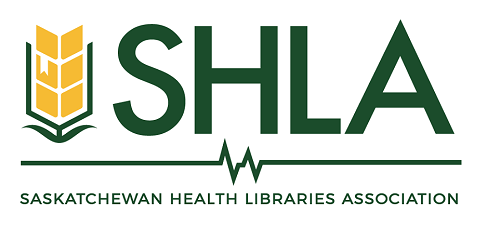Meeting date: Tuesday, May 29, 2018
Presenter: Catherine Hana
Citation: Dawson, D. (DeDe) ., (2018). Effective Practices and Strategies for Open Access Outreach: A Qualitative Study. Journal of Librarianship and Scholarly Communication. 6(1), p.eP2216. DOI: http://doi.org/10.7710/2162-3309.2216
Article abstract:
INTRODUCTION – There are many compelling reasons to make research open access (OA), but raising the awareness of faculty and administrators about OA is a struggle. Now that more and more funders are introducing OA policies, it is increasingly important that researchers understand OA and how to comply with these policies. U.K. researchers and their institutions have operated within a complex OA policy environment for many years, and academic libraries have been at the forefront of providing services and outreach to support them. This article discusses the results of a qualitative study that investigated effective practices and strategies of OA outreach in the United Kingdom.
METHODS – Semistructured interviews were conducted with 14 individuals at seven universities in the United Kingdom in late 2015. Transcripts of these interviews were analyzed for dominant themes using an inductive method of coding.
RESULTS – Themes were collected under the major headings of “The Message”; “Key Contacts and Relationships”; “Qualities of the OA Practitioner”; and “Advocacy versus Compliance.” DISCUSSION Results indicate that messages about OA need to be clear, concise, and jargon free. They need to be delivered repeatedly and creatively adapted to specific audiences. Identifying and building relationships with influencers and informers is key to the uptake of the message, and OA practitioners must have deep expertise to be credible as the messengers.
CONCLUSION – This timely research has immediate relevance to North American libraries as they contend with pressures to ramp up their own OA outreach and support services to assist researchers in complying with new federal funding policies.
Reason for selection: DeDe presented at the joint SHLA/MAHIP CE session on May 10. As several journal club members also attended the session, I thought it would be good to take a more in-depth look at DeDe’s findings. For those who were not at the CE session, this is still an interesting and relevant topic that has not been well covered in previous journal club meetings.
Critical Appraisal:
Completed Critical Appraisal Worksheet
